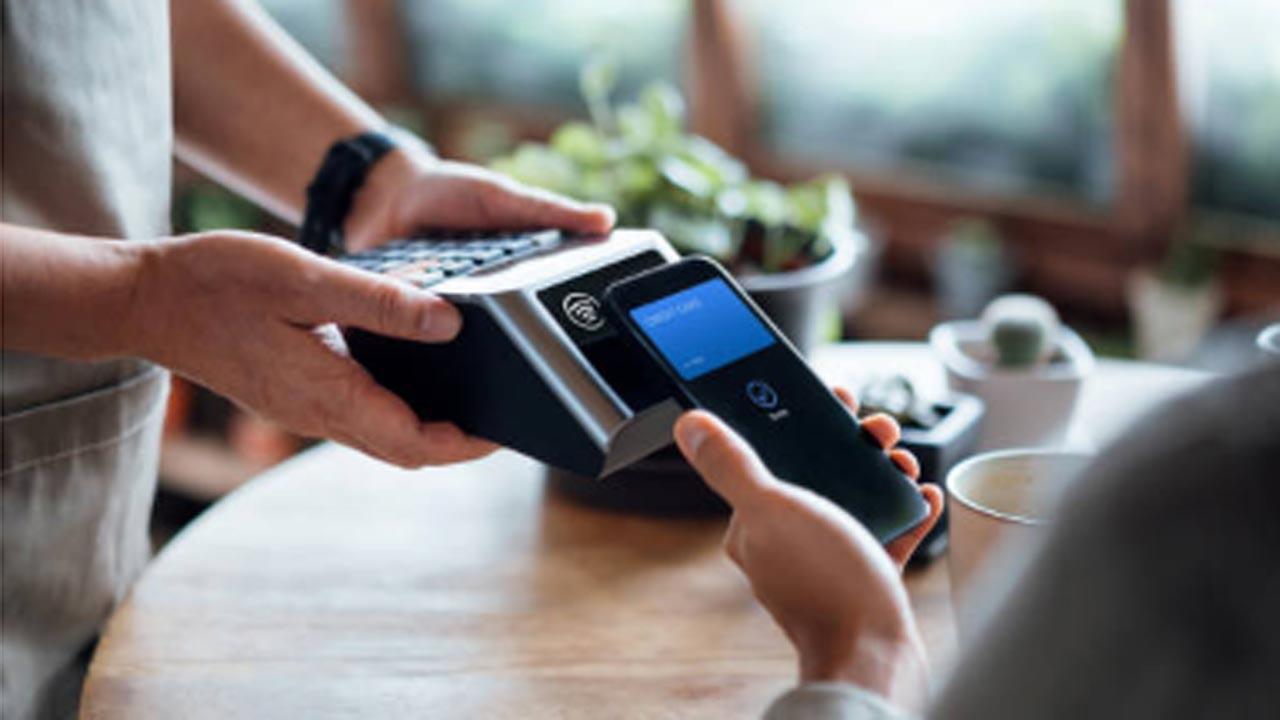RBI’s intervention As a relief to foreign travellers in India, the Reserve Bank of India (RBI) has introduced a policy to bring ease in making local payments

Representational images. Pic/iStock
India’s emerging fintech landscape has been a game-changer for the way people transact in the country.
ADVERTISEMENT
With the increased use of digital payments, the country has graciously welcomed the wave of UPI (Unified Payments Interface), becoming a global leader in instant payments. Recent facts state – that India alone accounted for 40 percent of the total digital transactions globally in 2021, paving the way for a cashless economy.
Having said that, India being culturally diversified is recognised for its rich heritage that attracts millions of tourists every year and serves as a catalyst for the booming economy. However, the burgeoning tourism sector comes along with increasing hassles of making payments for foreign nationals arriving as tourists in the country. Owing to the universality of the groundbreaking payment system – UPI, foreign nationals are striving toward a cashless and more inclusive payment system.
Challenges stagnating the influx of foreign tourists.
The tourism industry in India is experiencing an upsurge, with Foreign Tourist Arrivals (FTAs) reaching 6.19 million in 2022, a substantial increase from the 1.52 million recorded during the corresponding period in 2021. However, several routine challenges inhibit foreign tourists from making digital payments in the country with ease.
One of the biggest hassles that affect them is making payments in local currency and cash dependency. Until February 2023, UPI was not available to foreign tourists arriving in India and their cash dependency and currency exchange hampered their travel experience, as they had to be more cautious in exchanging money to avoid unfavourable rates and fees.
Additionally, the lack of adequate access to financial tools in India cultivates negative impressions in the minds of foreign tourists. For instance, credit and debit cards are widely accepted in larger cities and tourist destinations, however, some places still only accept cash. Certain types of cards may not be accepted, and international transaction fees levied on such transactions can pose a major inconvenience.
Moreover, tourists also face difficulties finding ATMs that accept foreign cards, especially in remote or rural areas. Several times, ATMs also run out of cash or have withdrawal limits, which can hamper their travel experience. UPI augmenting financial inclusivity UPI payments are propelling the nation towards digital payments.
Today, the scan-and-pay system is available for all kinds of transactions – from a local tea vendor to a luxury retail outlet. Its simplified payment procedure has brought ease in payments for foreign tourists, enabling businesses to enhance their financial payment infrastructure while creating more avenues for tourists to make transactions.
As UPI is penetrating deeper into geographies and inclusivity, it is rapidly gaining momentum to revolutionise residents' and tourists' conduct transactions. The seamless payment infrastructure enables users to make transactions from multiple linked bank accounts on a single mobile application of third-party app providers, anywhere at any time. The ease of UPI has bridged several gaps in financial accessibility, universality, and inclusivity across the country.
RBI’s intervention As a relief to foreign travellers in India, the Reserve Bank of India (RBI) has introduced a policy to bring ease in making local payments. The announcement comes as a game-changer for the tourism sector as foreign travellers as well as NRIs can experience hassle-free payments via UPI at over five crore merchant outlets in the country.
As India takes on the role of hosting the G20 summit, UPI has garnered significant attention within the country among international travelers. Under this provision, the RBI has granted permission for global travelers to enroll in the PPI system using their international phone numbers. They can complete the KYC process using their passport and visa information, which then allows them to become fully integrated into the UPI framework. Once onboarded, they have the capability to directly add funds to their prepaid UPI wallet and make purchases.
The NPCI has extended this facility to all G20 nations, including the United States, Germany, Australia, the United Kingdom, Russia, France, Italy, Canada, and others. The rise of UPI and its increased accessibility has simplified the user experience for foreign tourists, enabling them to transact effortlessly during their stay. Several fintechs are putting their step forward in India's quest for a digitally driven fintech landscape. From residents to non-residents, India is making UPI – the largest instant payment network with cross-border experiences.
This story has been sourced from a third party syndicated feed, agencies. Mid-day accepts no responsibility or liability for its dependability, trustworthiness, reliability and data of the text. Mid-day management/mid-day.com reserves the sole right to alter, delete or remove (without notice) the content in its absolute discretion for any reason whatsoever
 Subscribe today by clicking the link and stay updated with the latest news!" Click here!
Subscribe today by clicking the link and stay updated with the latest news!" Click here!







